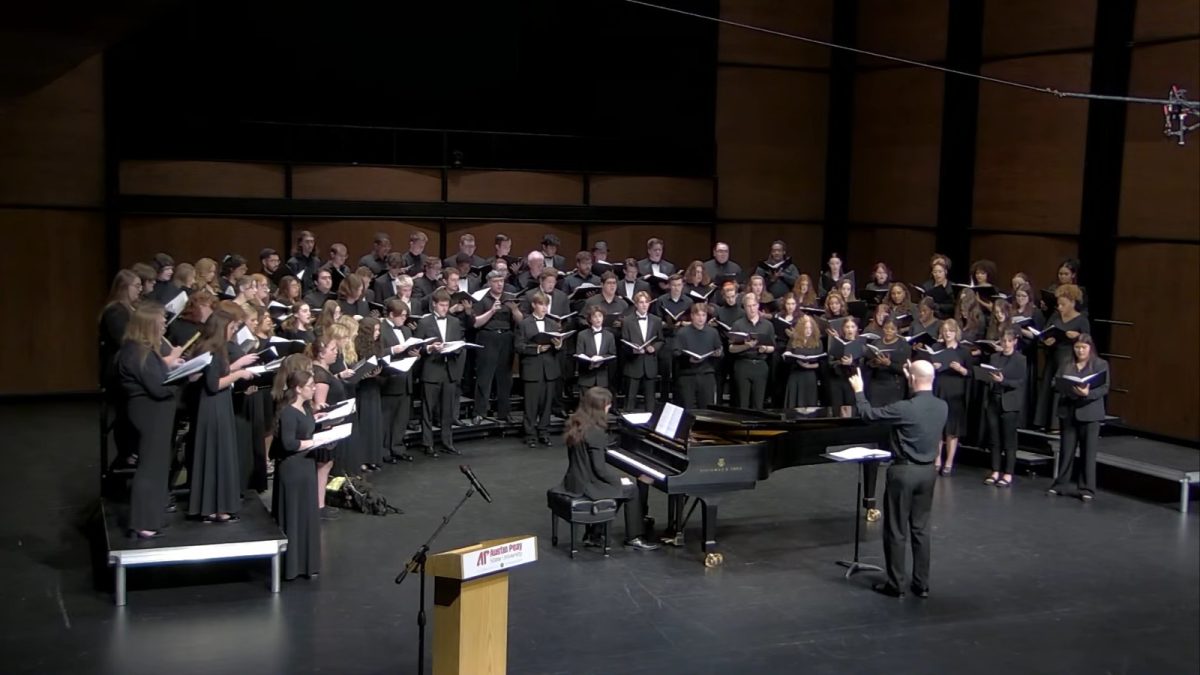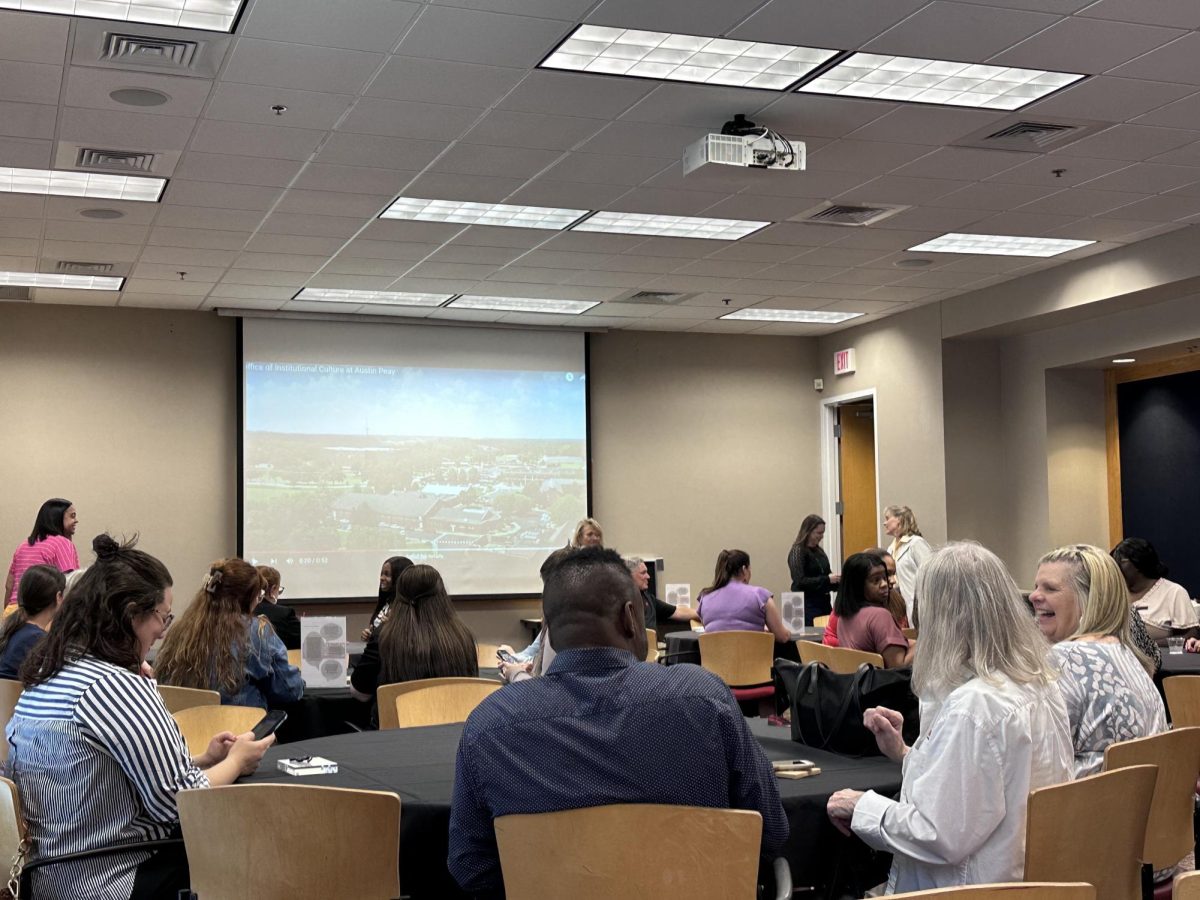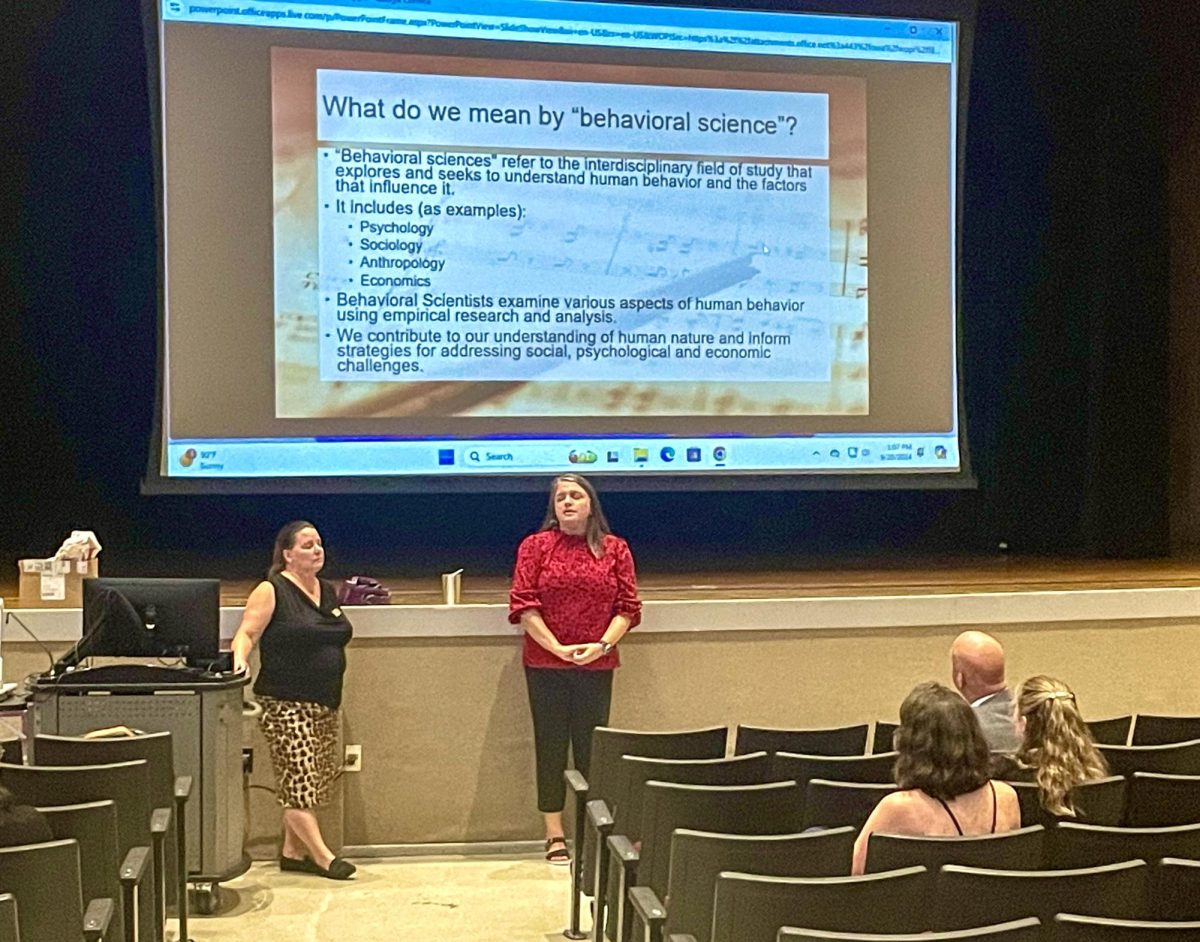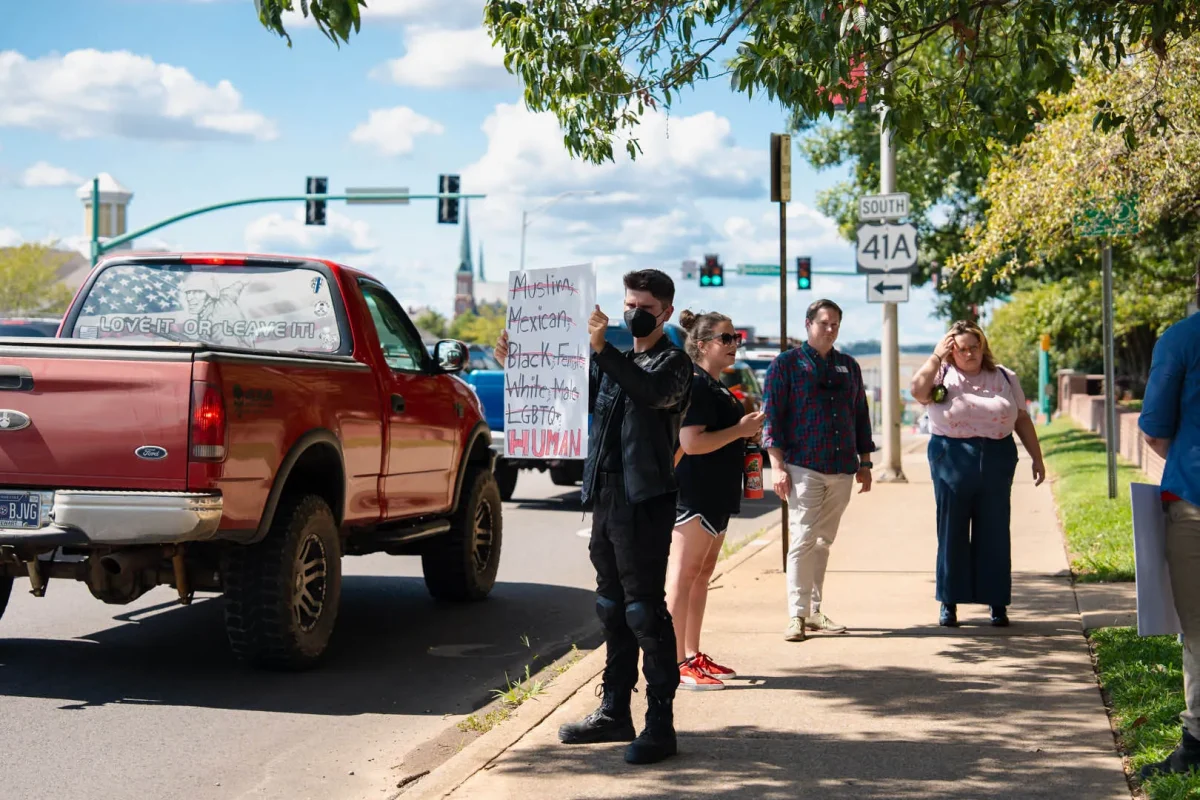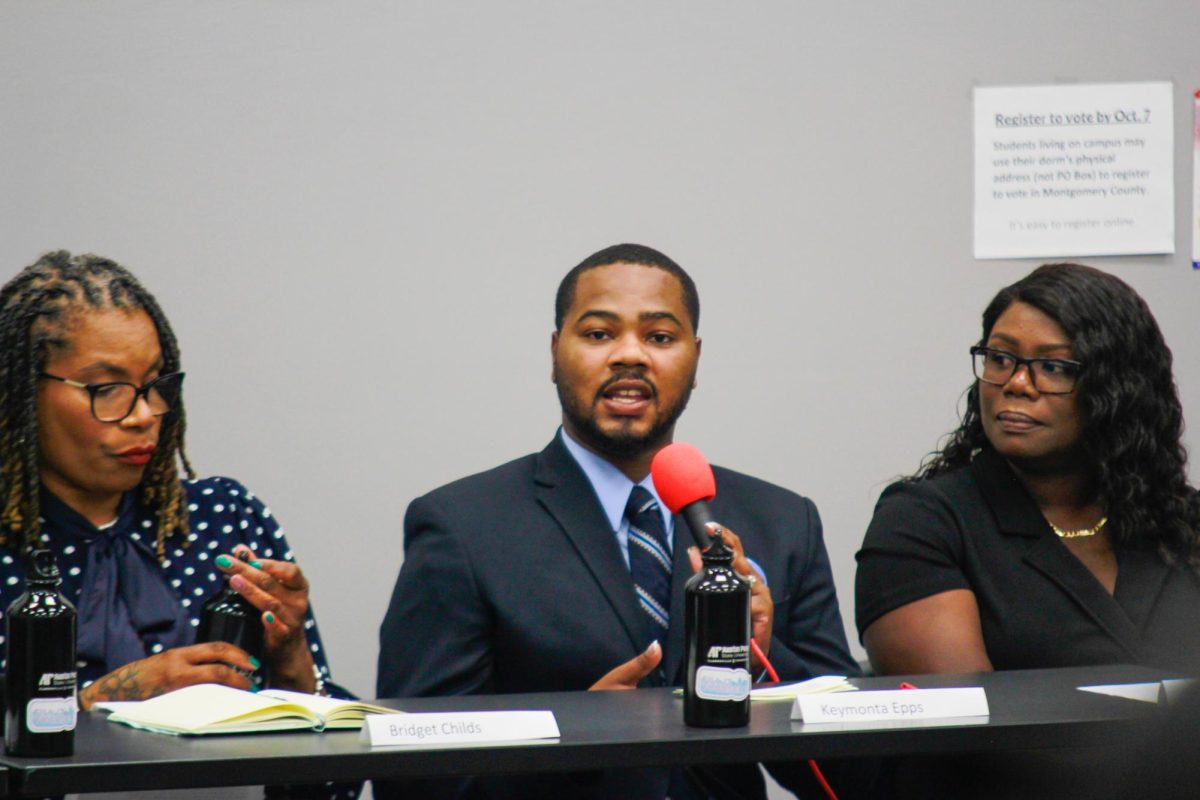But transit officials say it’s logistically impossible to add metal detectors at stations and secure all city buses. Even trying to apply airport-style security to a public transit system would cost millions and create commuter chaos, they say.
The law has officials in Tennessee’s large cities fearing for children’s lives, but Republican state lawmakers who approved the change in a largely party-line vote said the law enables people to properly defend themselves.
Both groups point to the same crime to prove their point: a shooting at the bus hub last year that wounded four teenagers and sent middle schoolers and other travelers scrambling for cover.
The policy is another example of conservative lawmakers from rural districts restricting more liberal policies in urban areas. Tennessee’s Republican-led legislature also nixed ordinances in Nashville and Memphis this year that would have discouraged criminal charges for possessing small amounts of marijuana.
The National Rifle Association said the law holds local governments responsible for keeping citizens safe. Opposition has mostly come from Knoxville and Nashville, where school board chairwoman Anna Shepherd said the law puts “the NRA ahead of the safety of our students, and that’s just not right.”
“We have 88,000 students in our school district. We can’t afford to have one accidentally shot. Just not even one,” Shepherd said.
Adding the security features at stations and on buses could cost the state’s four large urban public transit systems — Nashville, Knoxville, Memphis and Chattanooga — $3.8 million up front and $36 million annually, and make efficient connections impossible by forcing riders to show up an hour or more in advance to get through security, said Tennessee Public Transit Association Executive Director Jason Spain.
Nashville’s Metropolitan Transit Authority is still reviewing the law to determine how best to comply, said spokeswoman Amanda Clelland. Nashville Mayor Megan Barry and Knoxville Mayor Madeline Rogero say the law leaves them with only bad options.
The ultimatum could conflict with existing state law, which makes it a felony to bring guns into a facility used for school purposes. It also invites lawsuits, critics say, by giving groups like the NRA standing to sue for triple attorney’s fees if they believe a local government wrongly barred someone from carrying guns.
“We cannot have a situation where someone has a legal right to sue and be granted attorney’s fees and damages to walk into a bus station, and also be convicted of a criminal offense for the very same action,” said Sen. Jeff Yarbro, D-Nashville.
Between 4,500 and 5,600 students use Nashville’s free city bus pass program. All public high schoolers and some students in grades 5 through 8 qualify.
Proponents of the law say security measures have proven ineffective at Music City Central.
Last August, four teens were wounded in a shooting while students were heading home from school. Then in January, police say, a 17-year-old shot and wounded a 20-year-old man.
“The only protection you’re going to have when you get on that public transportation is a sign saying that guns aren’t allowed,” said Sen. John Stevens, a Huntingdon Republican who sponsored the bill.
There’s uncertainty about how broadly the law would apply. Stevens says buses are included in the metal-detectors-or-guns choice. His House counterpart, Republican Rep. William Lamberth of Cottontown, said the law doesn’t extend to buses or vehicles.
The new law has some exemptions, including health and mental health facilities; Department of Children Services offices; libraries; schools; parks used by schools; buildings where judicial proceedings take place; buildings that hold law enforcement agencies; and Head Start facilities. It’s already illegal to bring a gun on a school bus.
Supporters promoted the legislation as a fix for a 2015 law allowing guns in public parks, which they feared went too far by possibly preventing authorities from banning guns at Tennessee Titans football games and Nashville Predators hockey games.
The new law “leaves to local governments the ultimate decision of whether to prohibit firearms in local government buildings,” and gives “local governments and their permittees more control over security at large entertainment venues,” Haslam spokeswoman Jennifer Donnals said in an email.
The change allows the enforcement of a decades-old law pre-empting local governments from regulating guns, except in certain instances, Donnals said. The Republican governor said there would be little point in vetoing it, since lawmakers could override with a majority vote.



